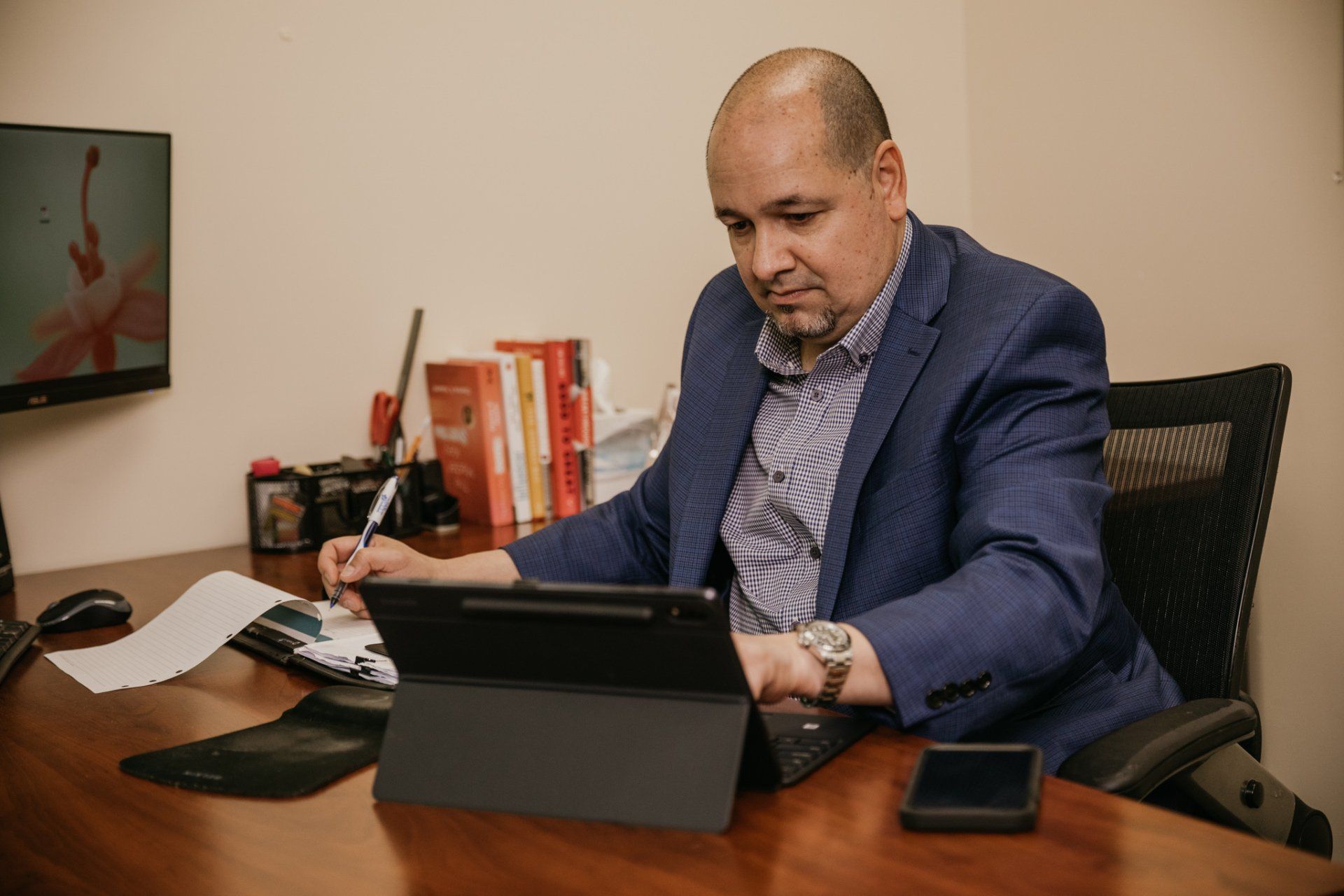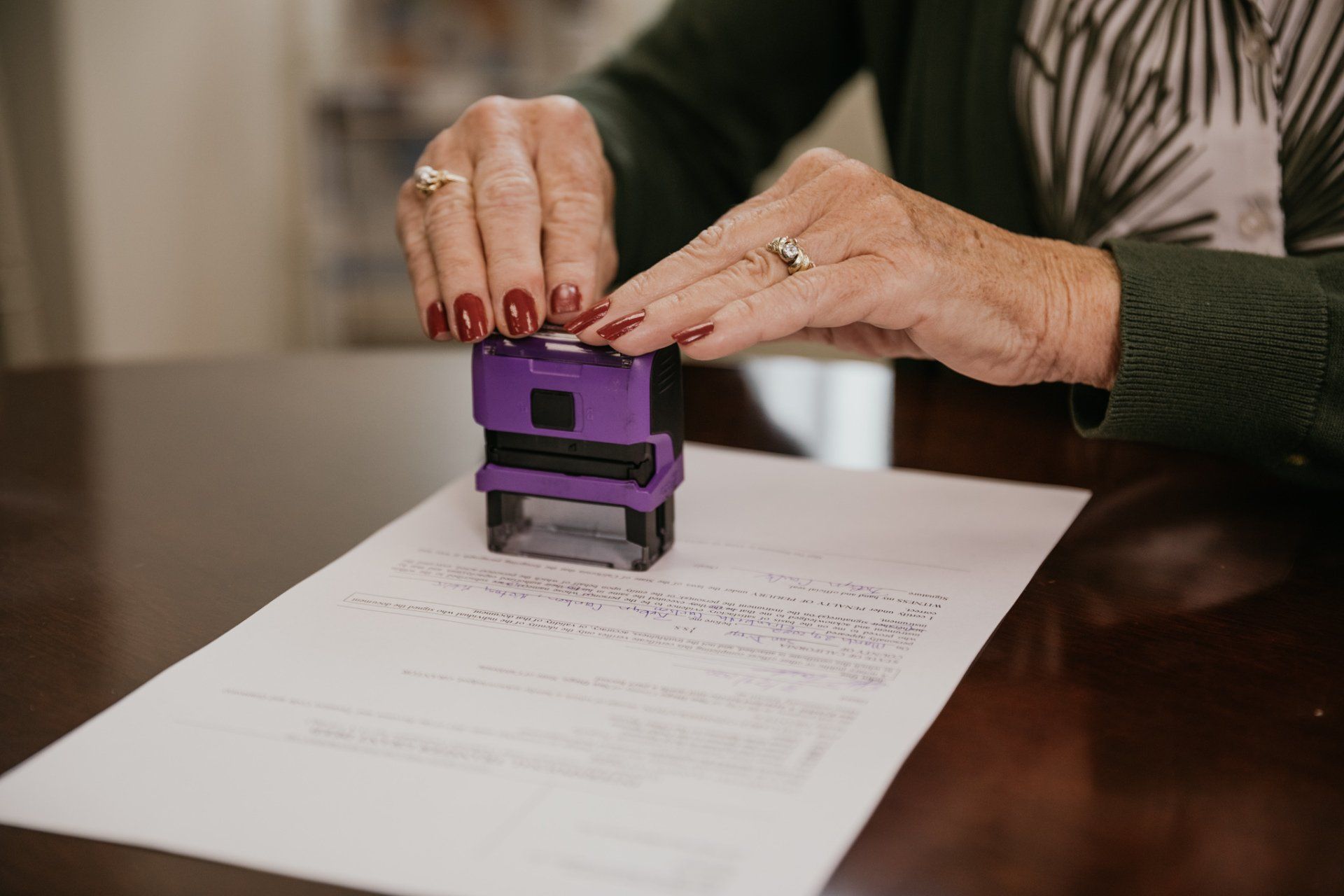5 Common Myths About Notaries Debunked
Misconceptions and myths often surround the role of a Notary Public. Whether you're a business professional, a homeowner, or someone needing a document notarized, understanding what notaries can and cannot do is crucial. In this article, we debunk five common myths about notaries to help clarify their important role.
Myth 1: Notaries Can Provide Legal Advice
One of the most common misconceptions is that notaries are legal advisors. In reality, Notaries Public are only authorized to provide legal advice if they are also licensed attorneys. Their primary role is to serve as impartial witnesses to the signing of documents, ensuring the identity of the signers and the voluntariness of their participation. If you need legal advice concerning a document, it's best to consult a qualified attorney.
Myth 2: Notarization Makes a Document 'Legal' or 'Truthful'
Notarization does not verify the legality, truthfulness, or accuracy of the content of a document. The notary's stamp and signature only certify that the signers have appropriately identified themselves and acknowledged signing the document in the notary's presence. It's the parties' responsibility to ensure the document's content is legal and accurate.
Myth 3: A Notary Public Can Refuse Service Based on Personal Bias
Notaries are required to perform their duties without prejudice. They cannot refuse to serve anyone based on nationality, religion, race, age, or lifestyle, or because the notary disagrees with the document's contents, as long as the request for notarization is lawful and the signer meets all identification requirements.
Myth 4: Notaries Can Notarize Their Own Documents or Those of Their Family
Notaries must avoid conflicts of interest, which means they cannot notarize their own documents or those involving immediate family members. This ensures that the notary's role as an impartial witness is maintained and helps prevent any appearance of bias or impropriety.
Myth 5: All Notaries Public Have the Same Qualifications and Powers
The qualifications and powers of notaries can vary significantly between jurisdictions. For instance, in some states, notaries may be able to perform marriages, while in others, they cannot. Additionally, some notaries receive special training to become Loan Signing Agents, where they handle real estate documents. Always check the specific capabilities and limitations of notaries in your state.
Conclusion
Understanding the role and limitations of a Notary Public is essential for anyone utilizing their services. By debunking these common myths, we aim to provide a clearer picture of what notaries do and how they contribute to the integrity of important transactions and documents. Remember, when in doubt, it's always best to ask your notary about the services they can provide and seek legal advice from a licensed attorney when necessary.












